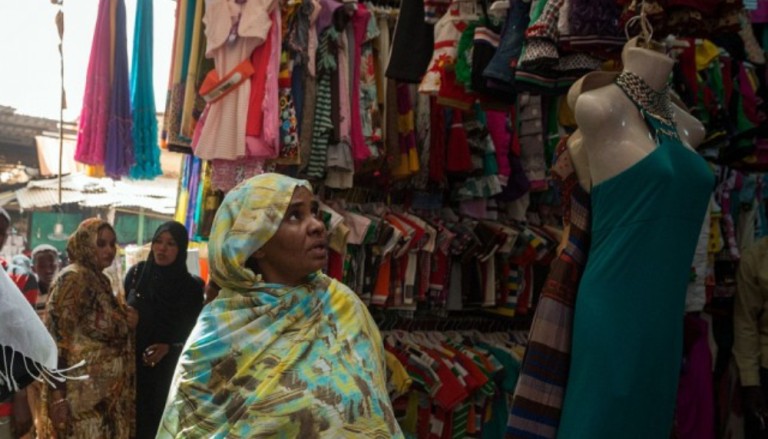Conflicting reports about Sudan’s inflation rate

June 17, 2018 (KHARTOUM) – Sudan’s inflation rate has risen to 60,93% in May compared to 57,65 in April, reported the Central Bureau of Statistics (CBoS)
However, the director of the Troubled Currencies Programme at Johns Hopkins University Steve Hanke said Sudan’s annual inflation rate measured for 6/13/18, is 111%.
The government seeks to achieve an average inflation rate of 19,5% by the end of the 2018 fiscal year compared to 34,1% in 2017.
Earlier this year, the Sudanese pound plummeted to record lows on the black market. The U.S. dollar was sold for a high 42 pounds in early February.
However, the government introduced a number of measures to curb the rise in dollar price including limiting cash withdrawal from banks to absorb liquidity, cracking down on black market Forex traders and restricting imports.
The government measures managed to pull back the dollar price to 39,00 pounds however economists expect a new rise in its price once these restrictions were lifted.
The most recent International Monetary Fund (IMF) report indicated that Sudan’s gross international reserves remained very low in 2017 ($1.1 billion, 1¾ months of imports).
Following the promulgation of the 2018 budget which included a number of austerity measures, peaceful protests erupted in a number of Sudanese states leading to the killing of a high school student in West Darfur State and detention of dozens of opposition activists across the country.
Prices and services have soared in Sudan since South Sudan seceded in 2011, taking with it three-quarters of the country’s oil output, the main source of foreign currency used to support the Sudanese pound.
Ordinary citizens continue to complain from cost of living increases that impaired their access to basic commodities.
(ST)
